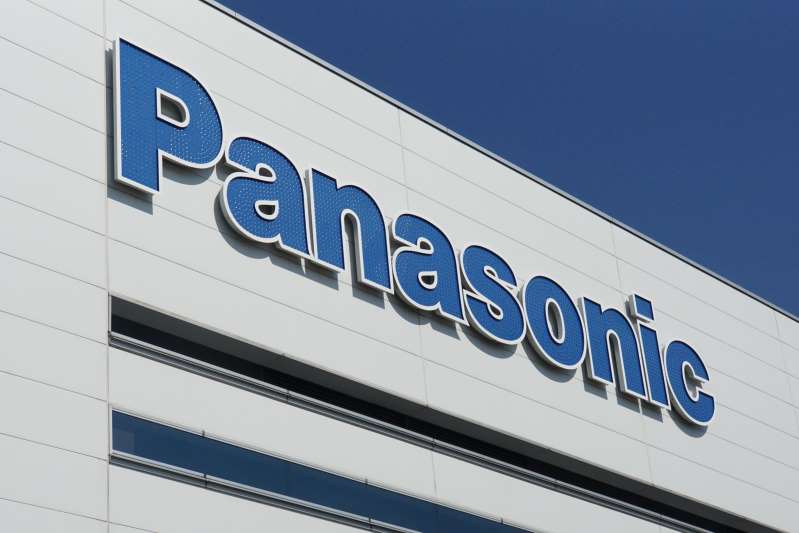By Martin Farrer, CNBC–
Panasonic has joined the growing list of companies to sever ties with Huawei by announcing that it will stop supplying some components to the Chinese technology conglomerate after a US ban over security concerns.
The decision by the Japanese firm on Thursday sent Asia Pacific shares falling again and came a day after four major Japanese and British mobile carriers said they would delay releasing new Huawei handsets.
Related: US-China trade skirmishes obscure the start of tech cold war
“We’ve stopped all business transactions with Huawei and its 68 group companies … that are subject to the US government ban,” Joe Flynn, a Panasonic spokesman, said.
Panasonic joins Google, Intel, Qualcomm and Lumentum among the leading companies to turn their backs on Huawei in what is beginning to shape up as a tech cold war between the US and China.
The British company ARM Holdings, which makes chips for iPhones, said on Wednesday it had halted relations with Huawei in order to comply with the US ban.
Washington has brought pressure to bear on businesses in friendly countries to follow suit. On Thursday it was reported that the US government was lobbying South Korea not to use Huawei products, a newspaper reported on Thursday.
In one incident, a US official said in a recent meeting with a South Korean counterpart that local telco LG Uplus, which uses Huawei’s equipment, should “not be allowed to serve in sensitive areas in South Korea”, Chosun Ilbo reported.
The official added that Huawei needed be eventually driven out of the country, if not immediately.
It has also been reported that the Trump administration was considering Huawei-like sanctions on Chinese video surveillance firm Hikvision because of the country’s treatment of its Uighur Muslim minority.
The worsening standoff between the two economic superpowers pushed Asia Pacfic shares to their lowest point in four months on Thursday.
Blue-chip stocks in Shanghai shed 1.5% in response to be near their lowest since February. MSCI’s broadest index of Asia-Pacific shares outside Japan slid 0.9% to reach its lowest in four months.
Japan’s Nikkei lost 1%, while South Korea shed 0.7%.
“Both the US and China appear to be preparing for a prolonged period of trade conflict,” wrote analysts at Nomura in a note on the standoff.
“We think domestic pressures and constraints will drive both sides towards further escalation,” they warned. “Without a clear way forward during an intensifying 2020 US presidential election, we see a rising risk that tariffs will remain in effect through end 2020.”
Shares in Panasonic were down 1% on news that it was joining the US boycott.
The comapny said its business with Huawei included the supply of “electronic parts,” but declined to provide further details.
Washington’s restrictions affect products made fully or partially in the United States, where Panasonic manufactures some of the components it supplies to Huawei, the Japanese firm said.
A Panasonic official declined to comment on what business the Japanese firm would continue to do with Huawei, though reports said the suspension would have a limited impact.
Last week, US President Donald Trump declared a national emergency to bar US companies from using foreign telecoms equipment deemed a security risk.
The move appeared aimed at Huawei, though the White House said no particular company or country was targeted.
In Britain, the telecoms company EE, which is owned by BT, was due to bring Huawei’s first 5G phone, the Huawei Mate 20X, to the country, but the Chinese firm’s involvement in the UK telecoms sector has become politically controversial.
EE chief executive Marc Allera said the company had “paused” the launch of Huawei’s 5G phones “until we get the information and confidence and the long-term security that our customers… are going to be supported”.
The group also said it would phase out the use of Huawei equipment in the most sensitive “core” elements of its network infrastructure.
Vodafone soon followed suit, announcing a “temporary” suspension of pre-orders for Huawei handsets, “while uncertainty exists”.


Leave A Comment
You must be logged in to post a comment.